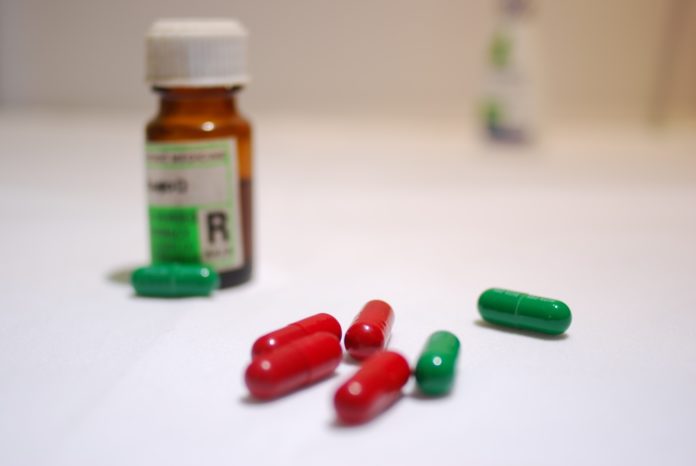Study shows glaring violations of drug regulatory laws. Functioning of the Indian drug regulator has come in for severe criticism in a report of a Parliamentary standing committee
Despite regulatory changes and a recent policy focus on drug resistance, new study by the Queen Mary University of London and Newcastle University shows that millions of unapproved antibiotics continue to be sold in India.
The research, published today in the British Journal of Clinical Pharmacology found that multinational companies continue to manufacture many unapproved formulations, despite pledging to tackle rising antimicrobial resistance. India last year finalised a national action plan to combat anti microbial resistance (AMR). The ‘Delhi Declaration’ calls for collectively strategizing to contain AMR. It pledges to adopt a holistic and collaborative approach towards prevention and containment of antimicrobial resistance (AMR) in India. It calls on all stakeholders including UN, WHO, FAO and other UN agencies, civil society organizations etc., to support the development and implementation of the national and state action plans on AMR.
Incidentally the flaws in the regulatory mechanism have been known for long and there are some very damaging observations of the Parliamentary standing committee of health and family welfare on the functioning of the Indian Drug regulator.
The 118 FDC formulations gave rise to over 3300 brand-named products made by almost 500 pharmaceutical manufacturers, including multinational companies. By 2011-12, FDCs made up a third of total antibiotic sales in India, yet 34.5 per cent of these sales (comprising 300 million Units) were unapproved formulations.
The study findings highlight serious hurdles for controlling antimicrobial resistance in India. The researchers examined figures for fixed dose combination (FDC) antibiotics (formulations composed of two or more drugs in a single pill) and single drug formulation (SDF) antibiotics (composed of a single drug) on the shelves in India.
Of 118 different formulations of FDCs being sold in India between 2007 and 2012, the team found that 64 per cent (75) were not approved by the national drugs regulator, the Central Drugs Standard Control Organisation (CDSCO), even though the sale of unapproved new medicines is illegal in India. Only five of the formulations were approved in the UK or US.
The 118 FDC formulations gave rise to over 3300 brand-named products made by almost 500 pharmaceutical manufacturers, including multinational companies. By 2011-12, FDCs made up a third of total antibiotic sales in India, yet 34.5 per cent of these sales (comprising 300 million Units) were unapproved formulations. Many of the FDCs combined two antimicrobials, often poorly chosen and likely to exacerbate resistance problems.
Incidentally the flaws in the regulatory mechanism have been known for long and there are some very damaging observations of the Parliamentary standing committee of health and family welfare on the functioning of the Indian Drug regulator.
“The Committee is of the firm opinion that most of the ills besetting the system of drugs regulation in India are mainly due to the skewed priorities and perceptions of CDSCO. For decades together it has been according primacy to the propagation and facilitation of the drugs industry, due to which, unfortunately, the interest of the biggest stakeholder i.e. the consumer has never been ensured. Taking strong exception to this continued neglect of the poor and hapless patient, the Committee recommends that the Mission Statement of CDSCO be formulated forthwith to convey in very unambiguous terms that the organization is solely meant for public health.”
The study also found that multinational companies manufactured nearly 20 per cent of the FDCs and SDFs sold. Twenty FDC formulations manufactured by multinational companies had no record of CDSCO approval, and only four of the fifty three FDC formulations made in India by multinational companies had UK or US regulatory approval.
In contrast, 94 per cent of multinational companies’ single drug formulations were CDSCO-approved, and over 70 per cent had UK or US regulatory approval.
Lead author Dr Patricia McGettigan from Queen Mary said: “Selling unapproved, unscrutinised antibiotics undermines measures in India to control antimicrobial resistance. Multinational companies should explain the sale of products in India that did not have the approval of their own national regulators and, in many cases, did not even have the approval of the Indian regulator.”


